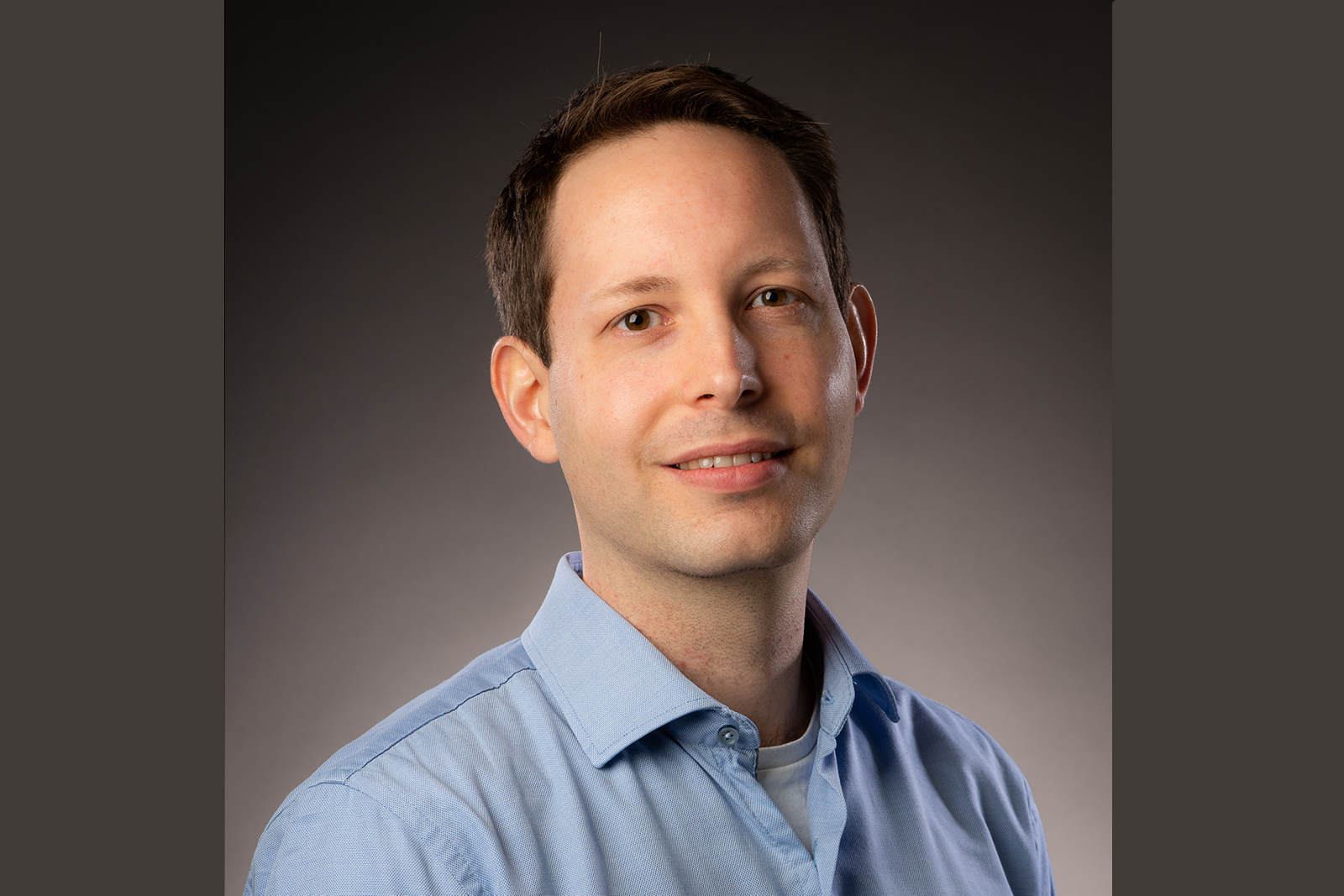Micha Germann: “I research the causes and consequences of political violence, in particular that of civil wars and terrorism, as well as democratic innovations.”
- Alumni Portraits
- CSS Alumni
ETH alumnus Micha Germann completed his PhD at the Center for Comparative and International Studies (CIS). The subject of his dissertation was self-determining referendums as a potential for solving conflict. He is currently an assistant professor in Bath and is researching the areas of ethno-nationalistic conflicts, digital democracy and political behaviour. He has recently won a prestigious grant for the next three years.

When you were a kid, what did you want to be?
To start with, I wanted to be a bank manager and then a professor.
You completed your PhD at ETH in the Department of Humanities, Social and Political Sciences. What led you to ETH?
Well, that is a rather long story. In 2012, I graduated from the University of Zurich (UZH) with a Master's in Political Science. Soon after, I took up a PhD position at the Centre for Research on Direct Democracy (c2d) at the Centre for Democracy Studies Aarau (ZDA). c2d is part of UZH; it is not connected to the Department of Political Science, but rather the Faculty of Law. The c2d team was multidisciplinary and at that time was headed up by Prof. Dr. Andreas Auer, a renowned lecturer in constitutional law. Since I wanted to write my PhD on political science, Prof. Auer was not a suitable mentor.
My very rough plan at the time was to write a dissertation on the links between autonomy and secession referendums and civil war. The most well-known conflict researcher in Switzerland – Prof. Lars-Erik Cederman – was, and indeed still is, an academic chair at ETH. So I wrote to Lars-Erik. I was not aware of the fact that he usually only mentors students who hold the ETH Master's in Comparative and International Studies (MACIS), which he himself teaches. It took some persuasion, but I finally got an invitation to an interview and then a second one. Apparently, I had convinced him. Lars-Erik became my main mentor, and from then on I had a dual affiliation with c2d/UZH and CIS/ETH.
You are currently working as an assistant professor at the University of Bath. What are you researching?
I research the causes and consequences of political violence, in particular of civil wars and terrorism, as well as democratic innovations. I am also researching the potential of virtual and non-virtual democratic innovations to improve democratic quality and stability. By democratic innovations, I mean, for example, so called deliberative mini-publics, online voting or online voting tools, like smartvote or Wahl-o-Mat. I also lecture, primarily on interstate conflicts and socio-scientific methods.
What challenges do you face currently?
At the start of the year, I applied for a prestigious grant from the Economic and Social Research Council, the New Investigator Grant. I was somewhat surprised to actually receive this grant and on 1 November 2021, I started to work on it. For a total of three years, I will have to lecture significantly less and will be able to take on and lead a team of research assistants. The project covers subjects ranging from the role of non-violent repression in the escalation of separatist conflicts and non-violent mobilisation to civil wars. To undertake this work, I will collect data from all around the world and conduct survey experiments in various separatist regions.
Congratulations and good luck with the project! Do you have any tips for ETH students?
A university course gives you the unique opportunity to familiarise yourself with a huge range of different matters. You will never experience such a fascinating opportunity again so make the most of it!